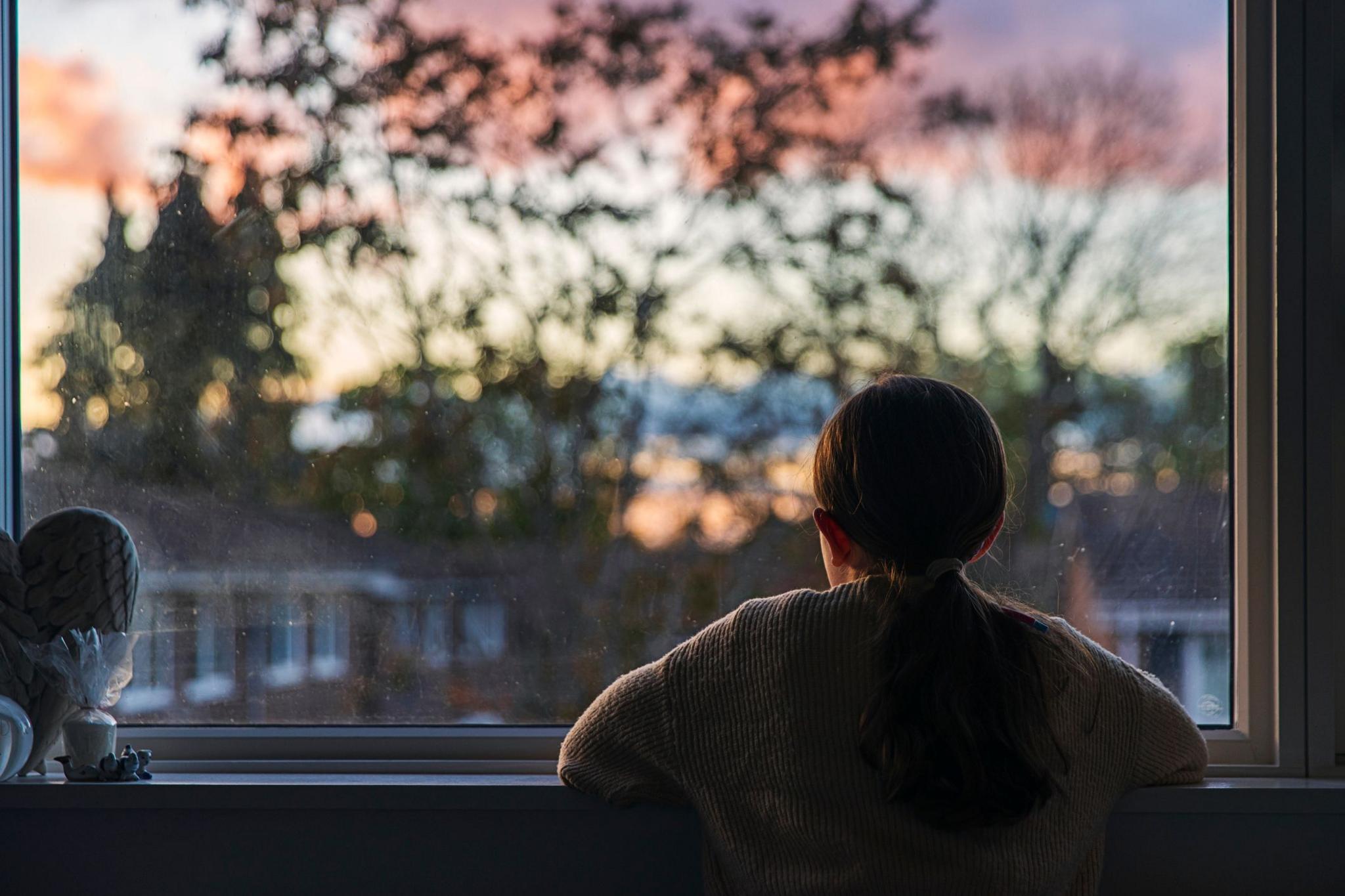Number of children in temporary accommodation on the rise

Many families are living in temporary homes like hostels and B&Bs for longer than they should be
- Published
More than 159,000 children in the UK are living in temporary accommodation, according to new government figures.
The data shows a 15% increase in child homelessness in the last year.
It's also the highest figure since records began in 2004.
Polly Neate from housing charity Shelter called on the government to build "90,000 genuinely affordable social homes a year" to solve what she called "the housing emergency".
The government's minister for Homelessness, Rushanara Ali, called the issue a "scandal".
Newsround investigated this issue in a special programme, No Place to Call Home, that you can watch here.
What have homeless charities said?
Watch our special on homelessness - No Place to Call Home (from May 2024)
Temporary accommodation is a form of homelessness.
It includes people living in hostels or bed and breakfasts, also known as B&Bs.
Government figures show there are 9,550 families with children who are living in B&Bs or hostels.
By law, families should only be in B&Bs or hostels for a maximum of six weeks.
This is because these types of accommodation can often be quite small, and may mean a family has to share things like bathrooms and kitchen spaces with other people they don't know.
But separate government data shows that one in five families (21%) in B&Bs and hostels have been there for over a year - much longer than the six week limit.
Another issue facing families is when they are offered housing a long way away from their schools, places of work or family support.
One in three households are being placed in homes out of their area according to the data.
Polly Neate, chief executive of Shelter, said this issue was had a "devastating toll... on families and communities".
鈥淎 grim homeless hostel or mouldy studio flat with your entire family living on top of each other is no place for any child to grow up," she said.
What has the government said?
The minister for Homelessness Rushanara Ali says the government is 'taking decisive action' to tackle child homelessness.
Newsround asked the Minister for Homelessness and Democracy, Rushanara Ali, what the government's response was to the new figures.
Mrs Ali said the problem was caused by the previous government's "failure to grip the housing crisis".
She added that the new Labour government - who won the general election in July - was taking action to get more homes built.
Mrs Ali said this government would bring the "biggest boost in social and affordable housebuilding in a generation" and promised to end no fault evictions - which is when a landlord forces tenants to leave a property without a reason.
